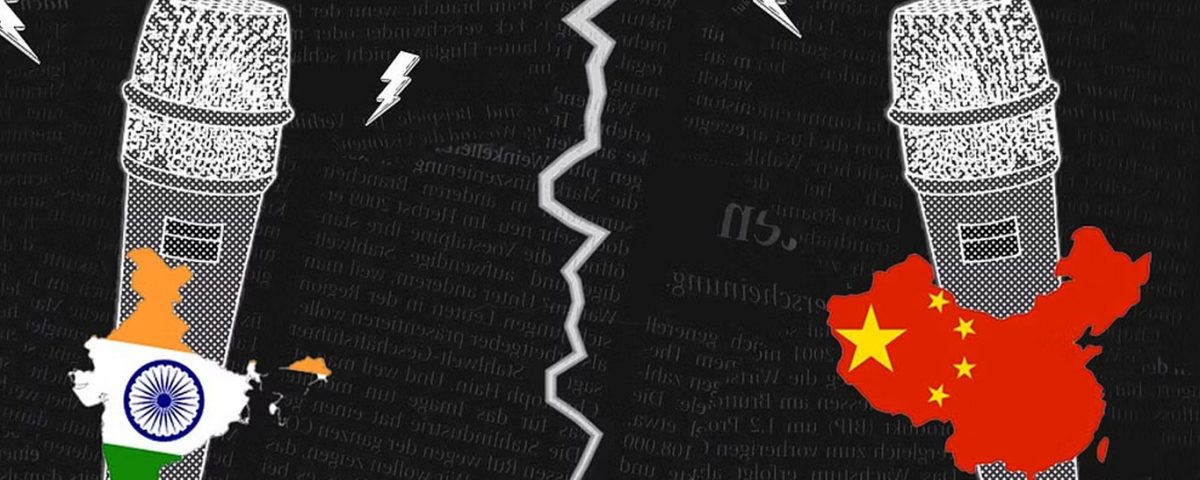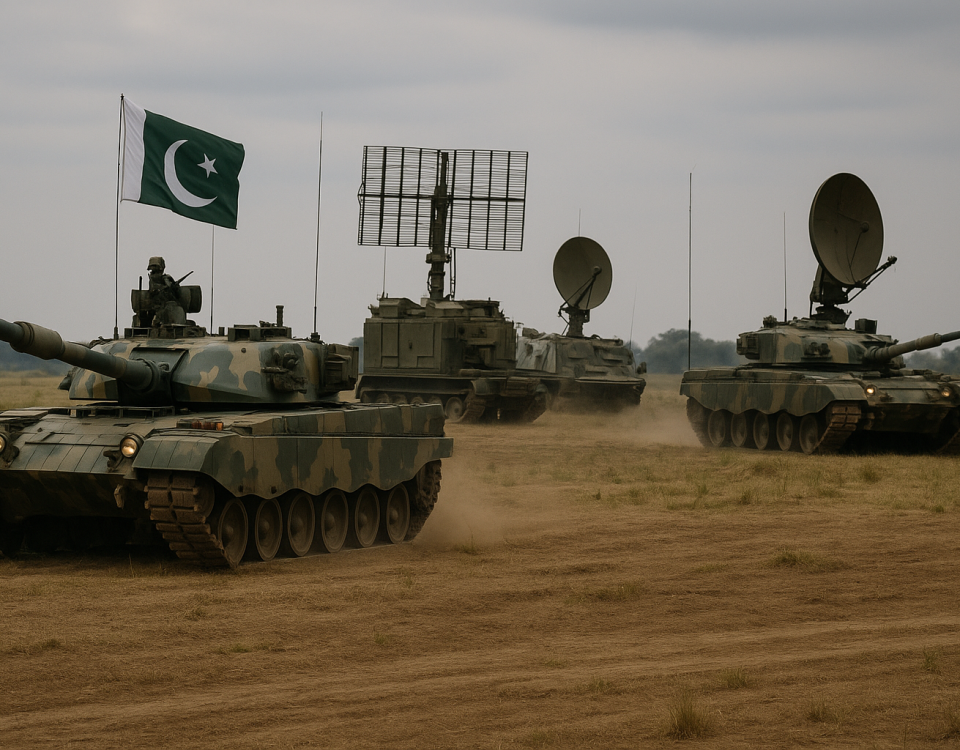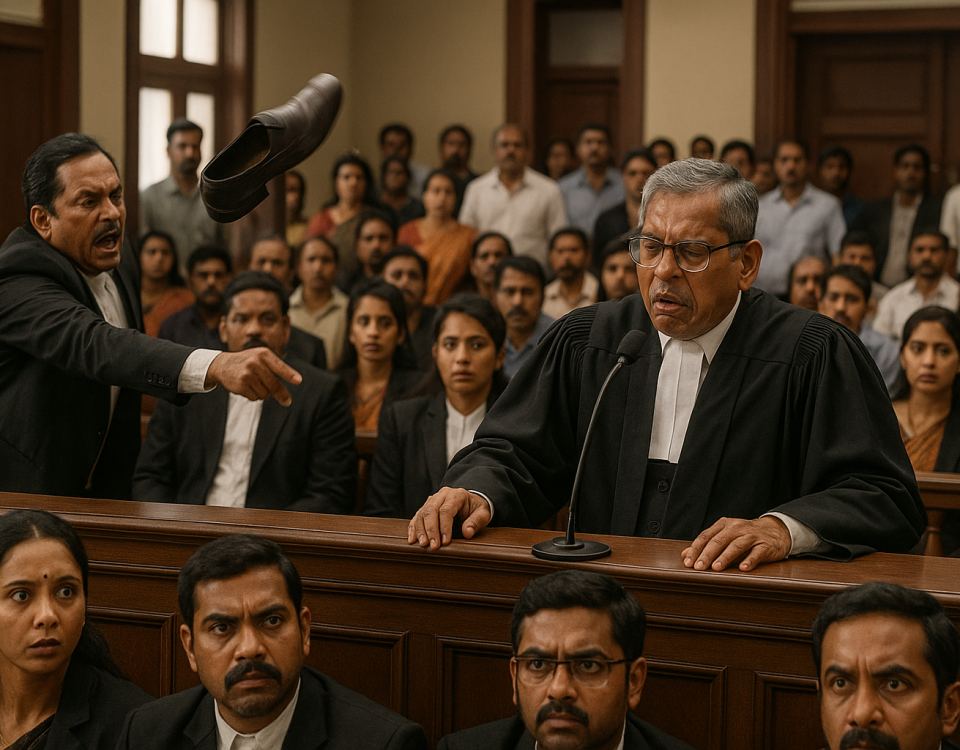Indian journalists in China ‘Ill-treated’

India and China have been engaged in a back-and-forth exchange of accusations regarding the treatment of their respective journalists working in each other’s countries. However, it is widely acknowledged that China has a well-established reputation for mistreating foreign journalists, which has been regularly reported by the Foreign Correspondents’ Club of China (FCCC) over the years. Against the backdrop of the tense India-China relationship, particularly due to the situation along the combative Chinese-occupied Tibet border, this issue has come to the forefront.
Since the clash between Indian and Chinese troops in the Galwan area of Ladakh in 2020, the relationship between the two nations has been strained and has continued to deteriorate. Even as talks were held on May 31 to discuss disengagement proposals along the Line of Actual Control (LAC) in the remaining friction points, the situation has worsened, this time revolving around media access, as reported by firstpost.com on June 1.
In response to reports that China has expelled most Indian journalists, the Indian government stated on June 2 that it was in contact with Beijing regarding the issue and expressed hope that Chinese authorities would facilitate the continued presence of Indian journalists working and reporting in China, according to timesofindia.com on June 3.
The Ministry of External Affairs (MEA) of India noted that foreign journalists, including those from China, have been able to carry out their journalistic activities in India without limitations or reporting difficulties. However, Indian journalists in China have faced specific challenges, such as the inability to hire local correspondents or journalists. In contrast, foreign media organizations can freely employ local journalists for their bureaus in India, stated MEA spokesperson Arindam Bagchi.
Bagchi added that Indian journalists also encounter restrictions in terms of access and local travel. He emphasized that while India supports and facilitates foreign journalists in the country, adherence to normal journalistic behavior and activities, as well as the provisions governing journalist visas, should not be deviated from.
On the other hand, China has accused India of unfair and discriminatory treatment of Chinese journalists and has pledged to take appropriate countermeasures. The Chinese side called for practical actions to resume “normal media exchanges,” as mentioned in the firstpost.com report.
However, it is important to note that China has expelled Indian journalists from their territory. Last month, reporters from The Hindu and Prasar Bharati, New Delhi’s state-owned public broadcaster, were prevented from returning to China after traveling abroad. Additionally, a Hindustan Times reporter was informed in May that his press credentials were being invalidated.
China’s antagonism towards independent foreign media is well-documented. In early 2020, it expelled over a dozen American reporters, including those from The Wall Street Journal, The New York Times, and The Washington Post. The FCCC released a report the following year, highlighting how Beijing authorities were resorting to new methods to intimidate foreign journalists, resulting in six journalists leaving the country.
The FCCC report acknowledged an emboldened Chinese government willing to discredit foreign journalists and their work, but it also emphasized that these actions have not deterred journalists from fulfilling their responsibilities or major global news organizations from pursuing important stories.
***






